How Top Scientists Use Twitter to Support their Research
How Top Scientists Use Twitter to Support their Research
Recorded November 7, 2019
Scientists are increasingly using social media as vehicles via which to communicate with other scientists and with the public. Social media platforms also provide excellent opportunities to build professional networks, learn about opportunities, and develop a sense of community.
This webinar is the second in a series about social media for scientists. In this webinar, our panelists will share tips, stories, and insights about how they use Twitter to connect and collaborate with other scientists
Panelists, Erin Sparks, Dan Kliebenstein, Sophien Kamoun, and Jennifer Regala will address the following questions, and more:
- How and why did you get started using social media for science communication?
- People who are reluctant to engage with social media often cite concerns about time demands. How do you fit it into your schedule, and how does it impact the time you spend on other tasks?
- Have you been harassed (or “trolled”), and if so, how did you deal with it?
This webinar is freely available thanks to the support of the American Society of Plant Biologists. Join Today.
PANELISTS
Erin Sparks is an Assistant Professor at the University of Delaware in the US. After graduating from Northwestern University (Evanston, IL) with a degree in Biomedical Engineering, Erin worked as a technician for 2-years. For graduate school, Erin completed a Ph.D. in Cell and Developmental Biology from Vanderbilt University (Nashville, TN) where she was working on liver development in mice. Her first time working with plants was during a postdoc at Duke University (Durham, NC) with Philip Benfey. During this time, Erin was working on gene regulatory networks in Arabidopsis and root architecture in rice. She started her own lab in 2017 incorporating aspects of all her training to investigate the development and function of brace roots in corn. As a “latecomer” to plant biology, Erin has used social media as an avenue to meet people and support her research program. You can find her on Twitter @ErinSparksPhD
Dan Kliebenstein (@SpicyBotrytis) is a Professor at the University of California, Davis in the US. His undergraduate work was as a Genetics major at Iowa State University (Ames, IA) studying variegation mutants in Arabidopsis. He obtained a Ph.D. in Genetics from Cornell University under the guidance of Dr. Robert L. Last, where he worked on superoxide dismutases and UV-B photosensing. Dan developed his interest in systems biology and quantitative genetics of metabolic interactions between organisms at the Max Planck Institute for Chemical Ecology in Jena, Germany with Drs. Thomas Mitchell-Olds and Johathon Gershenzon. At UC Davis, Dan’s laboratory works on understanding the full complexity of plant–organismal interactions from the mechanistic to ecological level, with a primary focus on metabolic traits. Dan uses social media as a way to interact with the diverse research communities that form the basis of the laboratory’s research.
Sophien Kamoun @KamounLab grew up in Tunisia where he developed a passion and curiosity about nature. He studied genetics in Paris and Davis, California, before working in Wageningen, Ohio and Norwich, where he is currently a Senior Scientist at The Sainsbury Laboratory and Professor of Biology at The University of East Anglia (Norwich, UK). He is known for his contributions to our understanding of plant diseases and plant immunity, having pioneered genomics and molecular biology methods to reveal fundamental insights into the biology and evolution of eukaryotic plant pathogens. His inventive work in plant pathology has resulted in new approaches to mitigate some of the world’s most serious crop diseases. Sophien has received many awards and recognitions, notably the Kuwait Prize and The Linnean Medal. He was elected a Fellow of the Royal Society in 2018. Check his lab website and his presentation on social media.
Jennifer Regala is the Managing Editor of ASPB’s journals The Plant Cell and Plant Physiology. After graduating from the University of Maryland, College Park, with a degree in Journalism, she worked at a Washington, DC-based trade association. She then began her scholarly/technical/medical publishing (STM) career at Cadmus Journal Services in Linthicum, MD, working on multiple society journal titles. She spent some time as a freelance STM copyeditor before landing at Sheridan Journal Services, first as a Production Specialist, then a Senior Production Specialist, and finally a Publishing Services Group Leader. After a brief career detour in real estate management with Coldwell Banker Residential Services, Jennifer is back where she belongs – in the STM world as the Managing Editor at ASPB. Jennifer is active on Twitter @JRegala_ASPB @JRegala_ASPB and encourages the plant community to follow the accomplishments of ASPB’s amazing authors on Twitter: @ThePlantCell, @PlantPhys, and @PlantDirectJ.
MODERATOR

Suresh Damodaran, Ph.D.
Suresh Damodaran is a Postdoctoral Research Associate at Washington University in St. Louis, US. He obtained his bachelors degree from SRM University in India and moved across the world to complete his Ph.D. at South Dakota State University (Brookings, SD). During graduate school, he identified regulators involved in local auxin biosynthesis during root nodule formation in soybean. With a continued interest in plant developmental biology and auxin, he is currently working in the lab of Dr. Lucia Strader, studying the role of IBA in plant development. He is active on twitter @sureshdamod and Plantae, where he strives to learn and to communicate with others who share his scientific interests.
This webinar is freely available thanks to the support of the American Society of Plant Biologists. Join Today.
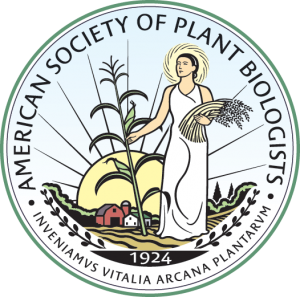
If you would like to sponsor or help organize an upcoming webinar please contact [email protected]


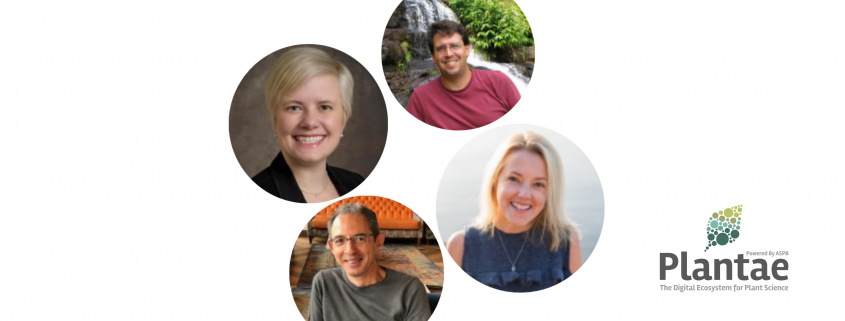
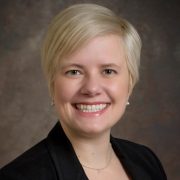



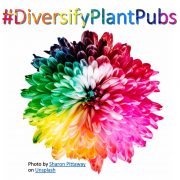
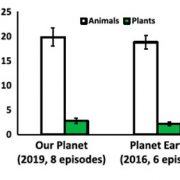
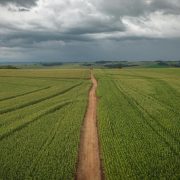



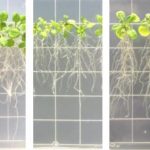
Leave a Reply
Want to join the discussion?Feel free to contribute!